As if it weren’t hard enough to snap a good picture of a chicken, the task is made more difficult by bonus body parts. Many an otherwise fabulous chicken photo has been foiled by the appearance of a hazy-looking eye. The hazy-looking eye this photo is caused by a chicken’s nictitating membrane, which is its third eyelid.
This is (St)Eve. He is the king of photo out-takes due to blinking.The nictitating membrane is located next to the eyeball, underneath its other two eyelids and it operates independently from them. When we think of eyelids, we typically think of two independent halves, closing to meet in the middle of they eye. However, the nictitating membrane has no counterpart, it operates by sliding from the front to the back of the eye, much like a window on a car door.
The nictitating membrane serves several purposes: to moisten, clean and protect the eye. Dust bathing is prime-time for nictitating membrane viewing if you are so inclined, but pay very close attention, because if you blink, you’ll miss it.
In addition to its horizontal operation, and the fact that it has its own lubricating duct, the another unique aspect of the nictitating membrane is that it is transparent, allowing the chicken to see through it when it is closed. If you watch a chicken closely as it scratches and pecks around on the ground, you will notice that its nictitating membrane is often closed, which keeps the eyeball protected from injuries and foreign bodies.
Kathy Shea Mormino
Affectionately known internationally as The Chicken Chick®, Kathy Shea Mormino shares a fun-loving, informative style to raising backyard chickens. …Read on


shop my SPONSORS
As if it weren’t hard enough to snap a good picture of a chicken, the task is made more difficult by bonus body parts. Many an otherwise fabulous chicken photo has been foiled by the appearance of a hazy-looking eye. The hazy-looking eye this photo is caused by a chicken’s nictitating membrane, which is its third eyelid.
This is (St)Eve. He is the king of photo out-takes due to blinking.The nictitating membrane is located next to the eyeball, underneath its other two eyelids and it operates independently from them. When we think of eyelids, we typically think of two independent halves, closing to meet in the middle of they eye. However, the nictitating membrane has no counterpart, it operates by sliding from the front to the back of the eye, much like a window on a car door.
The nictitating membrane serves several purposes: to moisten, clean and protect the eye. Dust bathing is prime-time for nictitating membrane viewing if you are so inclined, but pay very close attention, because if you blink, you’ll miss it.
In addition to its horizontal operation, and the fact that it has its own lubricating duct, the another unique aspect of the nictitating membrane is that it is transparent, allowing the chicken to see through it when it is closed. If you watch a chicken closely as it scratches and pecks around on the ground, you will notice that its nictitating membrane is often closed, which keeps the eyeball protected from injuries and foreign bodies.



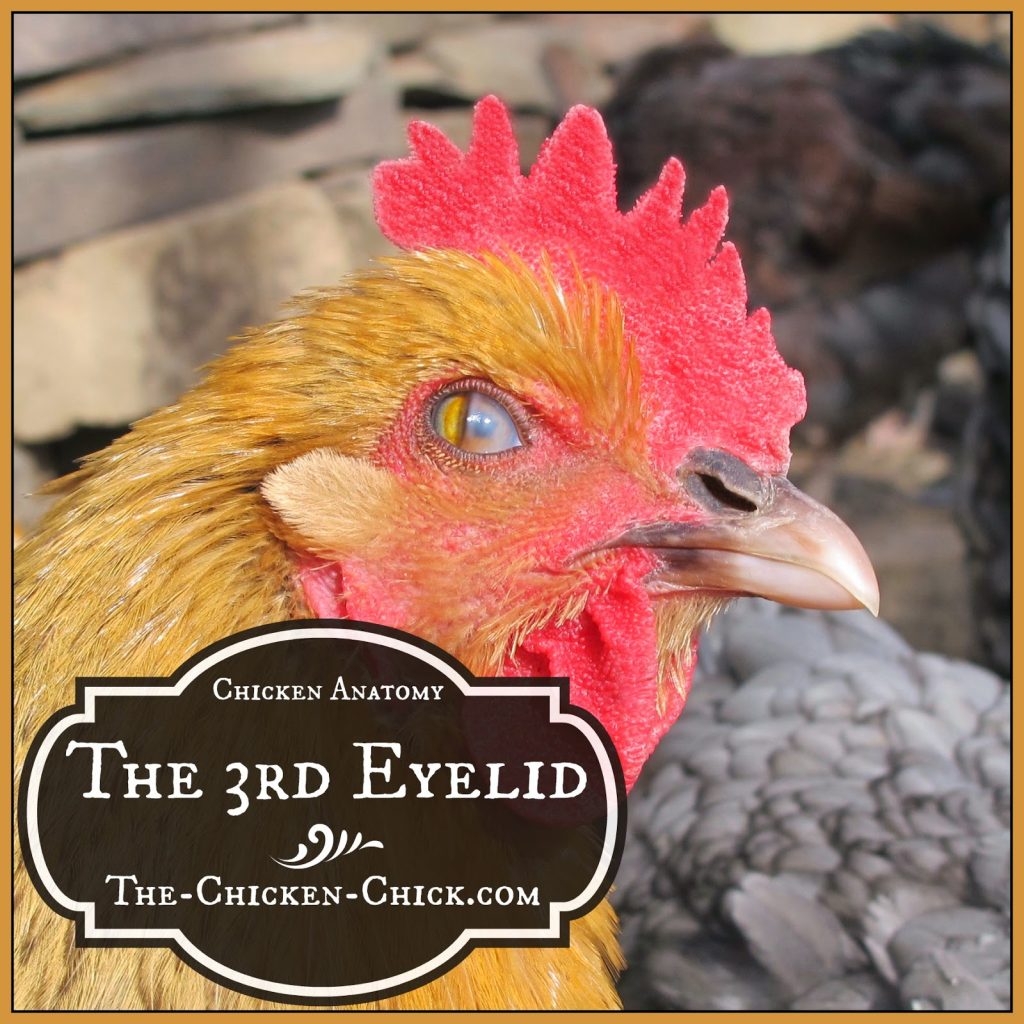
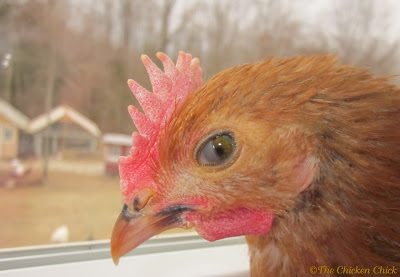
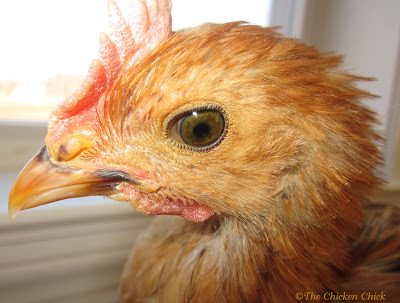
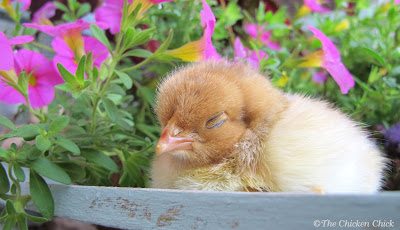
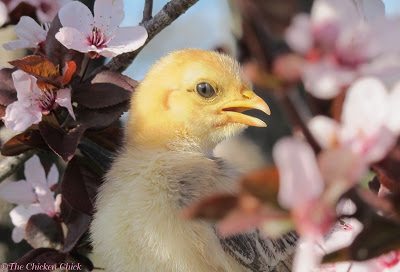
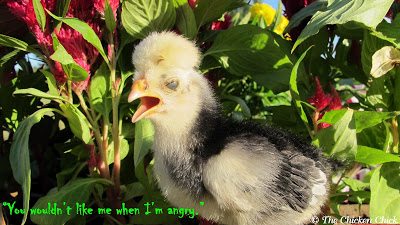
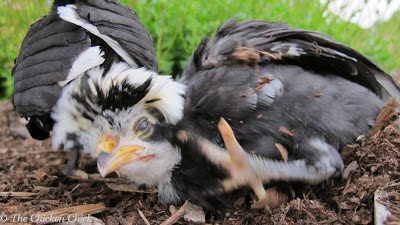
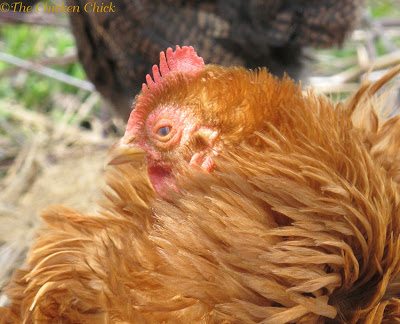
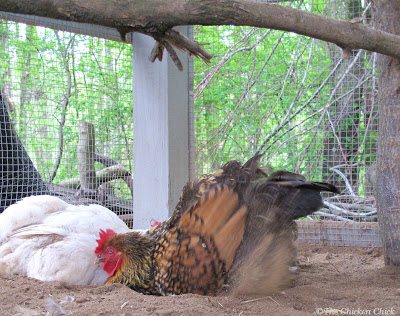
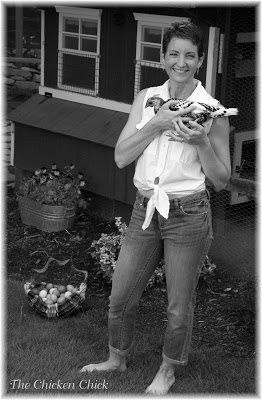






















My tiny rooster’s eye was pecked by another hen. It has become swollen and rooster having issues seeing. Should we take him to a vet?
Absolutely